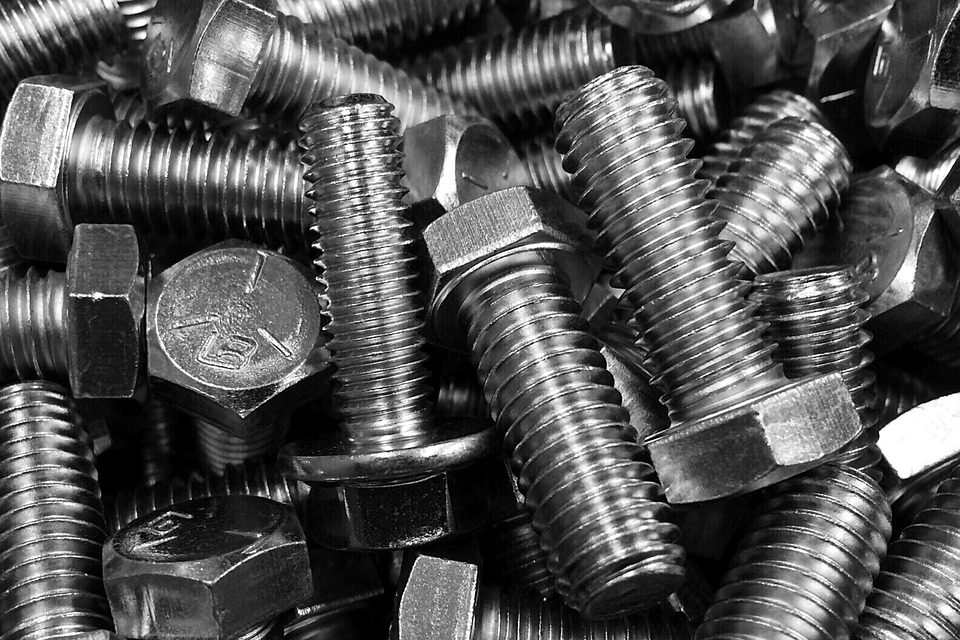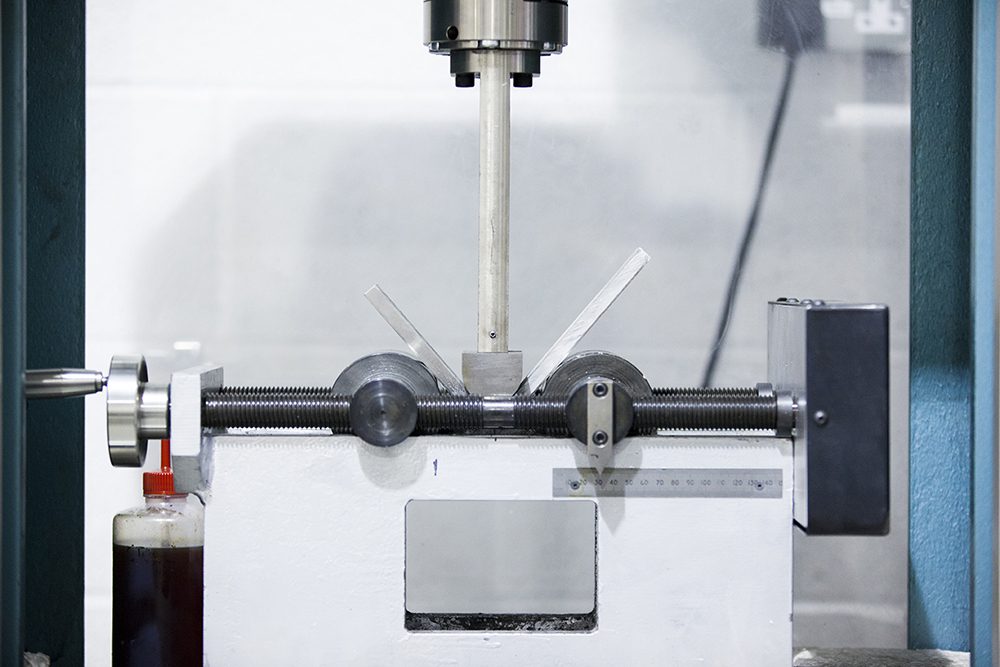Fastener Testing
Nut Testing
Comprehensive Nut Testing Services to ensure your products comply with specifications, safety standards or International/British Standards.
Explore how we work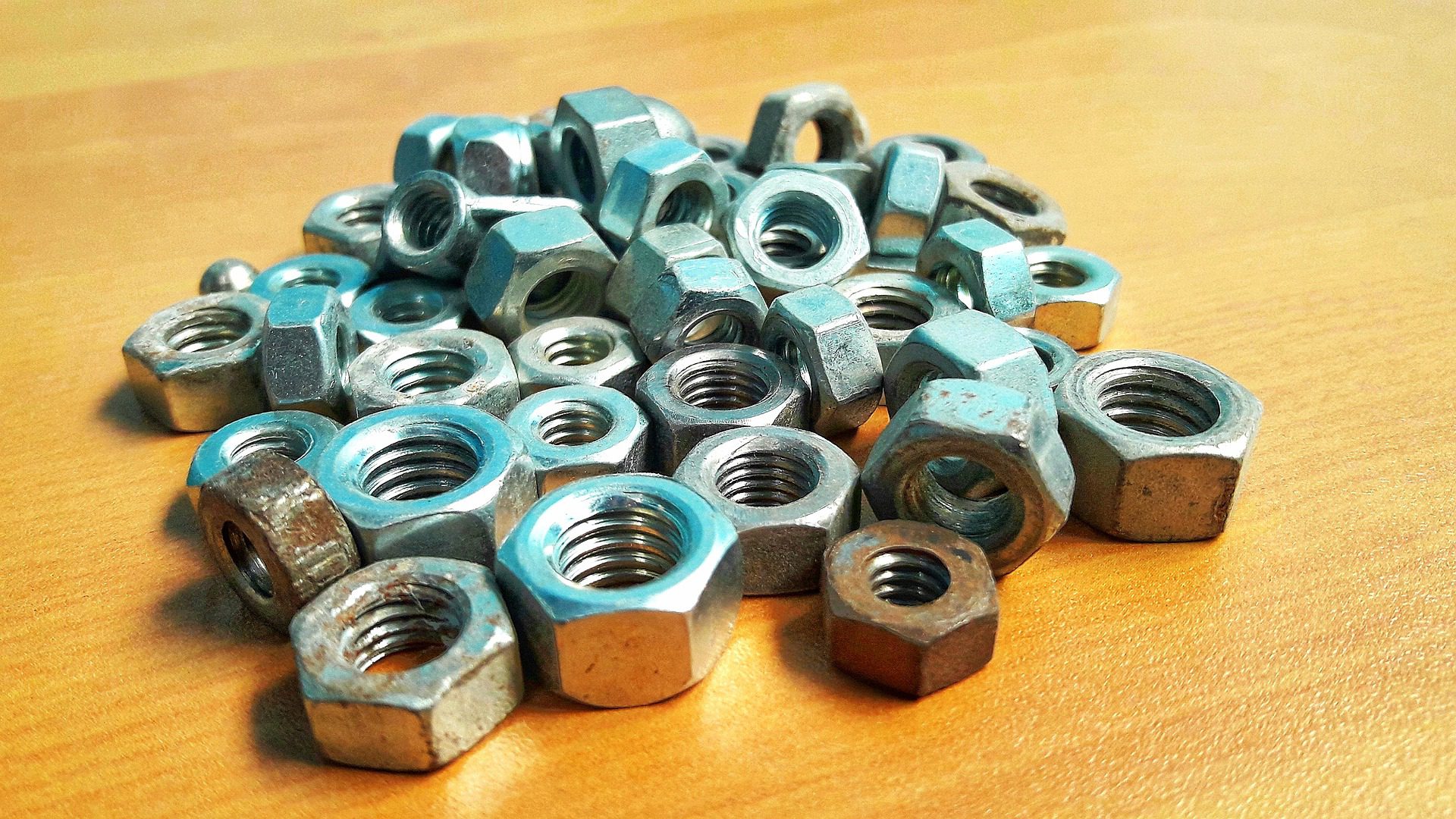
Interested? Let’s talk.
Send us an enquiry
What is Nut Testing?
A nut is a mechanical fastener that has a threaded hole, allowing it to be connected to a bolt, screw, or stud. Its purpose is to securely fasten one or more pieces of material together by clamping them down. Nuts and bolts are essential building blocks in engineering and find applications in various industries.
They play a crucial role in securing building materials, providing strong and long-lasting fasteners and offering corossion-resistant bolts across various industries spanning Marine, Rail, Transportation and much more. Performing regular mechanical tests on nuts guarantees that the product meets the necessary standards for safety, quality compliance, and suitability of the material. These standards can be based on the customer’s specific requirements or the end-user’s needs, whether they are British or International standards. Routine testing serves the purpose of ensuring that the manufactured parts either meet or do not meet the required standards, thus preventing any potential catastrophic failures.
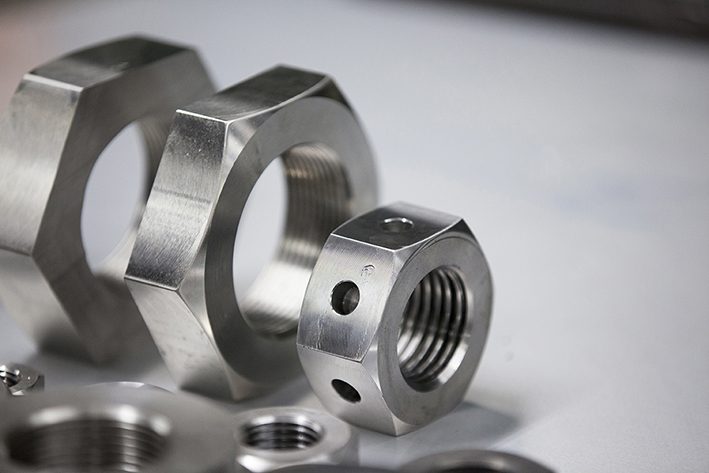
Who we've partnered with





Let's talk about Nut Testing
Send one of the team a message
Not seeing what you expected?
Try using our search
Explore what our clients say
Nut Testing Services from BES Group
Mechanical, metallurgical, and chemical analysis testing play a crucial role in the design and production of a Nut, guaranteeing its ultimate suitability for its intended use.
As a UKAS accredited laboratory, we offer independent and impartial test results. Our accreditation showcases our expertise in delivering top-notch, certified testing and inspection services for nuts, instilling complete confidence in our customers about the quality of their products. BES Group provide independent and reliable test results using a range of Nut Testing methods including the below.

| Test | Description |
|---|---|
| Mechanical Testing |
|
| Metallurgical Testing |
|
| Chemical Analysis |
|
Why Choose Nut Testing Services?
It is of utmost importance to analyse the raw material and batches of nuts produced during the manufacturing stage to ensure they meet the required standards and are fit for purpose. This is because there is a possibility of defects, flaws, and failures occurring.
In case the defects are significant, our metallurgical failure investigations aim to provide valuable information about the nature and cause of the failure. This allows our customers to review and make necessary amendments to their manufacturing procedures. BES Group can help you prevent defects and flaws with routine Nut Testing Services.
During the manufacturing of nuts,
Various defects can arise during the forging, cutting, or heat treatment processes. These defects encompass fractures and cracking, which occur when the material or nut sample undergoes excessive heat stress or strain, resulting in the material cracking.
During the production process
There is a possibility of bursting or rupturing when there are gaps in the material on the outer surface of the nut. This happens because the material is subjected to excessive strain. Additionally, the nut or raw material may also get dented, blemished, or develop notches during the manufacturing and treatment processes.



Let’s talk. Ask us anything.
Send one of the team a message
Why choose BES Group?

800+ expert engineers
Our team of skilled engineers possesses a wealth of expertise.
A legacy of 160+ years of experience
We’re always evolving our approach to future proof our services.

35,000 satisfied customers
A strong reputation for providing exceptional service.

An end-to-end solution
Servicing the full life cycle, from concept through to decommission.
Accredited assurance
Confidence assured with all relevant certifications and accreditations.
Frequently asked questions
What types of Nuts do BES Group test?
- Hexagonal nut
- Square nut
- Ring nut
- Cap nut
- Dome nut
- Wingnut
- Coupling nuts
- And many more!
Which industries benefit from Nut Testing Services
Nuts and bolts are essential building blocks in engineering and find applications in various industries.
They play a crucial role in securing building materials in structural engineering, providing strong and long-lasting fasteners for aircraft and automotive vehicles, offering corrosion-resistant bolts for marine, rail, and transportation sectors where nuts are exposed to environmental conditions. Additionally, nuts and bolts are commonly used in everyday items like furniture, electrical equipment, and household products.
Sectors we service
Dive into the diverse landscapes where BES Group sparks innovation and drives impact.


Let’s talk. Ask us anything.
Send one of the team a message
Insights & news
Browse our latest articles
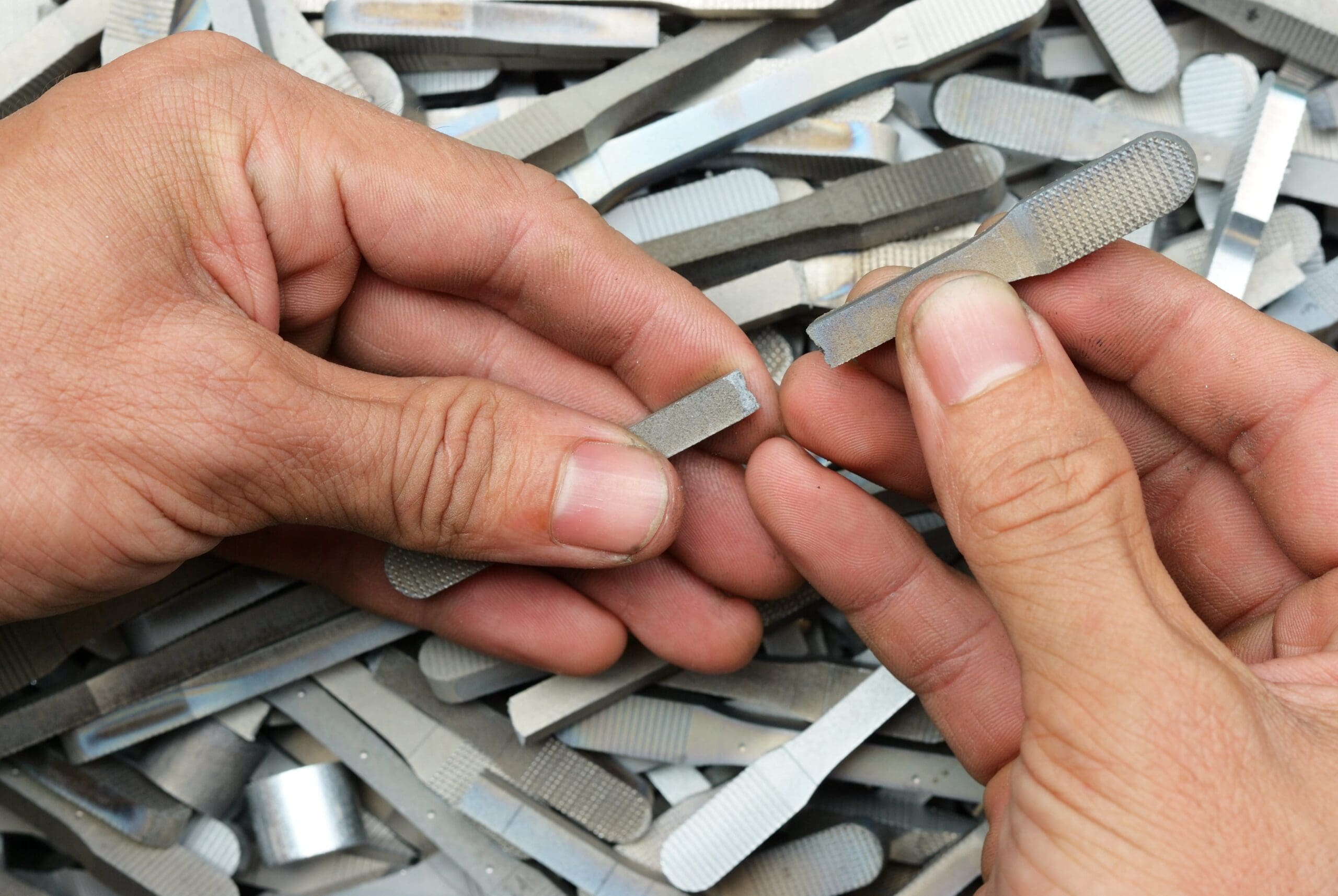
A Guide to Young’s Modulus and Material Stiffness
Testing
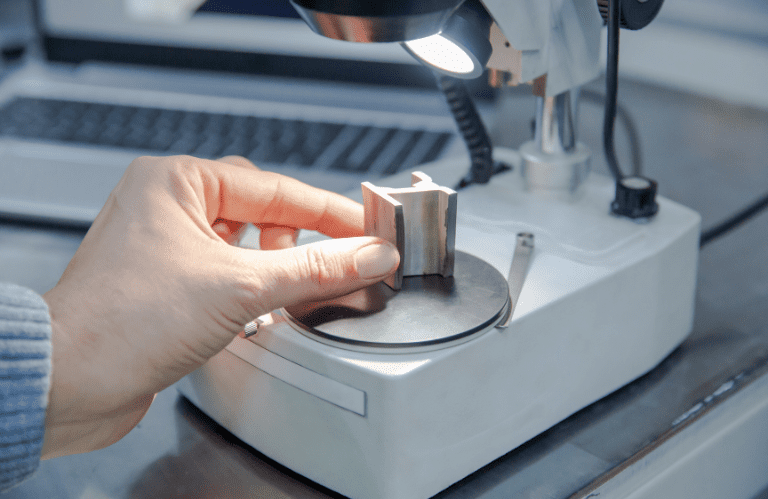
A complete guide to Metal Failure Modes and Analysis
Testing
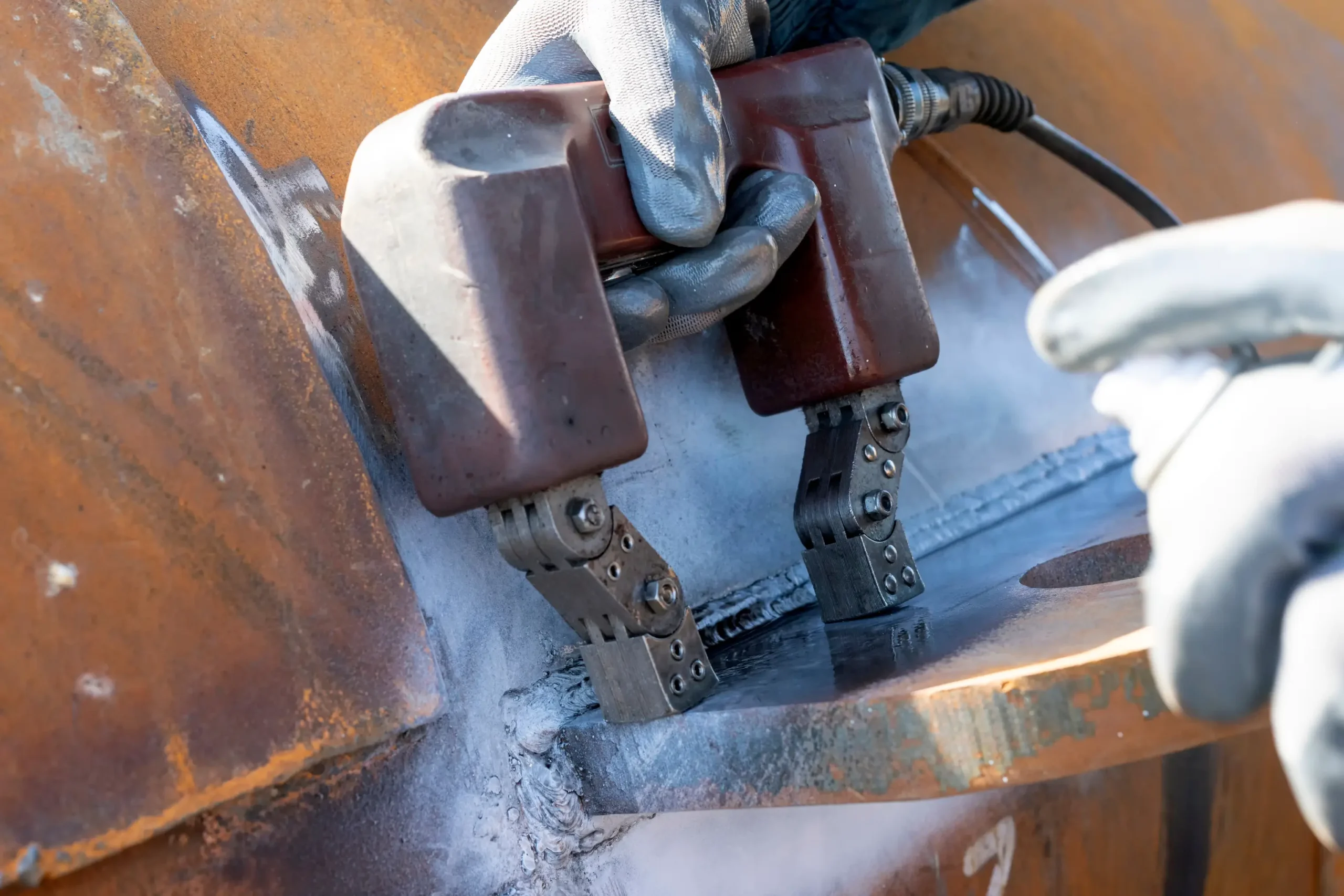
How combining NDT Methods ensures comprehensive asset protection
Testing

Factory Shutdowns: How to Manage Your Maintenance Operations Efficiently
Asset Reliability Electrical Inspection Testing

What Are the Different Methods of NDT Testing?
Testing
Other similar services...
Looking for something else? Explore similar services...
Let’s get you to the right person, fast.
Thank you, enquiry submitted!
Please check your inbox. We have sent you an email receipt of your enquiry.
We treat every enquiry with the upmost urgency. We’ll aim to get in touch with the relevant BES Group specialist and get back to you as soon as possible*.
Thank you again and have a great day.
 About BES Group
About BES Group Accreditations & Credentials
Accreditations & Credentials Our Environmental, Social & Governance
Our Environmental, Social & Governance Careers at BES Group
Careers at BES Group Our Senior Leadership Team
Our Senior Leadership Team













